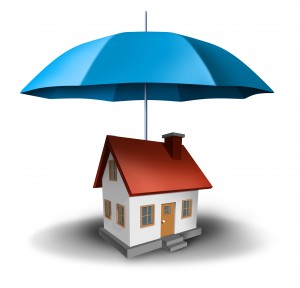Keep the Chimney Dry
Your chimney is potentially one of the most taken-for-granted parts of your home. You know it’s there but rarely pay it very much attention. It’s one of those things that you expect to be there for you when you need it but may not give it much thought in the meantime. Not very many homeowners give much thought to keeping the chimney’s exterior in tiptop shape; “it’s all just cosmetic,” we think. This thought process isn’t one to be ashamed of, but it is one to be corrected.
Chimney materials – brick and mortar – are, by nature, porous. As such, they experience hastened deterioration as a result of prolonged exposure to and contact with water and the elements. The freezing and thawing process—during which time water that has penetrated the various chimney materials freezes and expands—quickly deteriorates the overall construction of your chimney.

Water is corrosive to masonry over time. Preventing water from getting into your chimney is critical to optimal performance and safety.
One way to limit the impact the freezing and thawing cycle has on your chimney is to prevent as much water as possible from penetrating the materials as possible. Water in your chimney can also cause rust on steel and cast iron parts, ultimately weakening or destroying them over time. The exterior of your chimney is constantly getting battered from the weather. Harsh weather conditions can have a negative effect on your chimney.
By waterproofing the chimney, it will repel up to 99.9% of the water that would otherwise penetrate the brick and/or other materials. Waterproofing is a true preventative measure that can add years to your chimney’s life. Because it’s not a requirement, many homeowners deprioritize it; this is a big mistake! There are many issues that can develop as a result of water being on and getting in to your chimney, and, as such, swift and immediate action should be taken to ensure that you’re not faced with unnecessary and avoidable repairs bills.
Unless you simply want to get rid of your chimney sooner or later, there really is no excuse for not waterproofing it. This one simple thing can help ensure that both the water outside won’t enter your house through the chimney and that you are able to enjoy your fireplace for many years to come. It’s time to look at the condition your chimney’s exterior is in, get it repaired if necessary, and have it coated with a waterproofing product.
